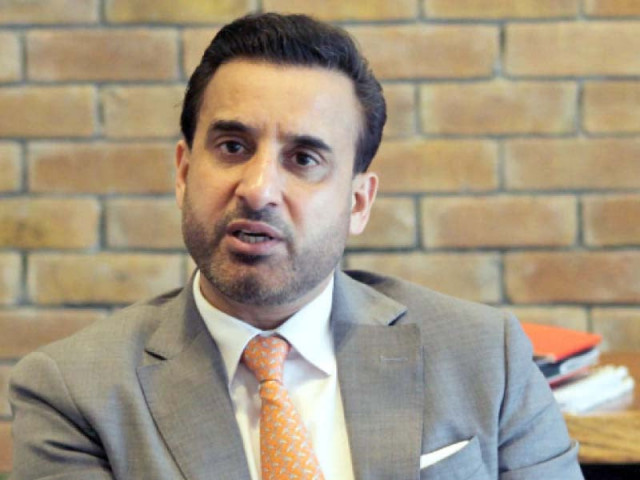Real estate group seeks long-term policy
Imarat Group asks for govt support to bring up to $10b foreign investment

The government should formulate a long-term policy, provide tax relief and use digital mapping for tapping the full potential of real estate sector, which will create jobs and boost the economy, said Imarat Group Chairman Shafiq Akbar.
The Imarat Group is an innovator in the realty sector and has set up the Graana digital marketplace for online property verification. It has digitalised the urban areas in the entire Pakistan, which can help in online property verification and end malpractices and fraud.
“The real estate sector needs proper planning and we have digitalise the entire Pakistan. We have digitalise 4.5 million units in urban areas,” Akbar said in an interview with The
Express Tribune.
“We can give a new land registry system and online property verification mechanism to the government to stop malpractices in the real estate sector.”
He emphasised that his group could bring $8-10 billion in foreign direct investment (FDI) in a year if the government
provided support.
“Our housing needs are estimated at more than 20 million by 2030, which the government can meet by employing a digital property verification system to attract credible investors,” the Imarat Group
chairman said.
He drew the attention of the government to multiple taxes in the realty sector and sought legal protection and ease of doing business to help private businesses perform well.
“We are working with 2,000 employees with technology advancement. But we have suffered as there is no legal protection system to protect private legal businesses,” he said, adding that they had filed cases several years ago but it did not yield any result.
He revealed that they had matured half a billion approved inventory in Pakistan. “This available stock is fully approved by all regulators. We have launched work on 70% of the available stock.”
He also pointed to the 5% advance tax imposed on non-filers of tax returns in the real estate sector.
Twenty five to thirty per cent remittances from the overseas Pakistanis were going to the real estate sector, but the advance tax was a setback to them, he said.
Akbar demanded that the government stop illegal construction, which was leaving legal businesses uncompetitive. “The government can stop illegal construction just in one month by using our data.”
“We came to Pakistan and tried to follow the UK model in real estate business,” he said, while describing the country’s economy as not good. “Our population is growing. We need dollars and real estate is the only sector that can help
attract FDI.”
However, “we need proper planning and government policy interventions to tap the full potential of investment.”
The Imarat Group chairman was of the view that 90-95% of area was available for investment in real estate sector and Pakistan had the highest per capita demand for housing. The country has shortage of 10
million houses.
“We need to do such things that can create jobs and push industrial growth in the coming years. Real estate is the only sector that can become an economic driver to create jobs, boost long-term industrial growth and increase remittances and FDI due to the investment opportunities,” Akbar said.
“We have calculated that the country needs $40 billion per annum to achieve this; we have to invest for 20 years by pouring $800 to $900 billion.”
He voiced hope that it would provide more than 10 million jobs in association with the attached 30 live industries including furniture. As many as 200 small industries are also associated with the sector and all this contributes 25-30% to the gross domestic product.
Pakistan attracted more than $25 billion in the real estate sector in 2021. According to a research study, 25-30% of remittances went into the real estate sector while 21-22% from the Roshan Digital Account was invested in the sector.
The Imarat chairman suggested to the government to develop tourist places as 15-20 “low-hanging tourist places” could be offered to investors, which could attract investment of billions of dollars.
He pointed out that real estate investors were getting 14-15% return despite rupee depreciation and high inflation, adding that foreign investors would love to invest in Pakistan but “we don’t make proper planning”.
Published in The Express Tribune, July 8th, 2022.
Like Business on Facebook, follow @TribuneBiz on Twitter to stay informed and join in the conversation.



















COMMENTS
Comments are moderated and generally will be posted if they are on-topic and not abusive.
For more information, please see our Comments FAQ